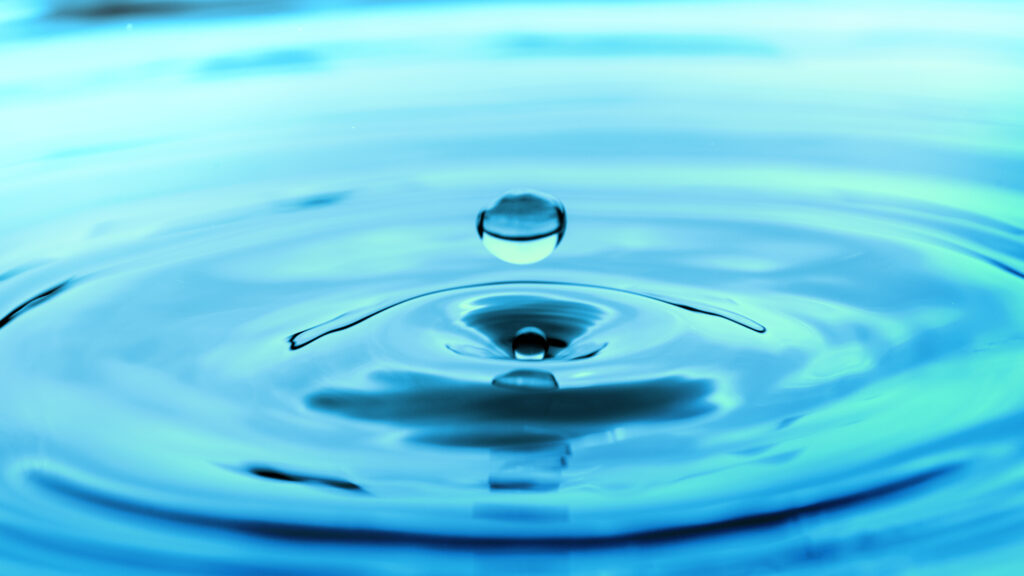Conservation of water has become one of the most pressing global concerns in light of the increasing crisis of water scarcity and environmental challenges. This paper discusses the importance of water conservation, the practical strategies toward reducing water usage, and how such efforts would serve to protect the planet for future generations.
Introduction
Water is one of the limited and invaluable resources of life. The ever-increasing temperature and rapidly rising population on earth definitely are making it difficult for water to suffice for the future generations. Conserving water does not only guarantee usable water for the future but also protects our ecosystem and reduces pressure on natural resources.
The Need To Conserve Water
Making Water Available
Freshwater is a scarce commodity; only about 2.5% of the Earth’s water consists of freshwater, and an even smaller percentage is readily accessible for human use. Water conservation will ensure that adequate water is available to meet farm, industry, and household needs, particularly in areas experiencing extreme drought and water shortages.
Ecosystem Protection
It keeps the aquatic ecosystems healthy, providing habitat to diversity in both plants and animals. Water use reduction can reduce pressure on rivers, lakes, and wetlands, saving habitats and providing biodiversity.
Reduces The Effects Of Global Warming
Water conservation reduces the energy needed for extracting, treating, and distributing water. Reduced energy demand translates into fewer GHG emissions, thereby reducing global climate change. Using available water efficiently will help reduce our ‘carbon footprint’ and slow global warming.

Practical Strategies For Water Conservation
Fixing Leaks
Leaky faucets and pipes can waste tremendous quantities of water. A home that checks for these leaks annually and makes the necessary repairs can save thousands of gallons of water each year easily. This step will not only save you water but also reduce your utility bills.
Saving Water With Low Water Appliances
Low-flow showerheads, toilets, and washing machines are designed to do the same job or better than their older counterparts, only using less water. Replacing older appliances with these water-efficient models can significantly reduce the amount of water your home uses.
Water Smart Landscaping
Lawns and gardens use a lot of water. It means that with drought-resistant plants, mulch to retain moisture, and watering during the cooler parts of the day, there will be ensuring water conservation. Collecting rainwater for irrigation can help minimize reliance on the municipal water supply.
Shortening Showers
Reducing the time spent in the shower by just a few minutes can really conserve water. In fact, changing to a low-flow showerhead will help maximize these savings even more. Family members encouraging each other to conserve water while they are showering would make quite an impact.
Turn Off The faucet
Individual habits, such as turning off the faucet while brushing teeth or washing dishes, can save a lot of water in the long run. The realization of being mindful while using the resource during daily activities instills a culture of conservation.
Community And Policy Initiatives
Educational Programs
Awareness programs at the community level, through school systems, and public campaigns will raise the importance of water conservation for a collective effort in saving water. Education empowers individuals to act in working towards sustainable use.
Water Saving Policy
Governments and local authorities can adopt policies that favor water conservation—for example, restricting non-essential uses of water during periods of drought, promoting incentives for water-efficient appliances, and investing in infrastructure in water recycling and reuse systems.
Corporate Responsibility
The business community can play a very valuable role in water conservation by adopting sustainable business practices that not only reduce water usage through their operations but also through community conservation efforts. Programs for business responsibility often result in huge water savings and eventually affect other organizations as well.

Conclusion
Water conservation is indispensable for the sustenance of our planet and the human race; it can be achieved only through practical measures at each individual’s end and by working at the community and policy levels. Every drop counts, and we, as a team, can protect this valuable resource on our planet for the wellness of all living beings.

